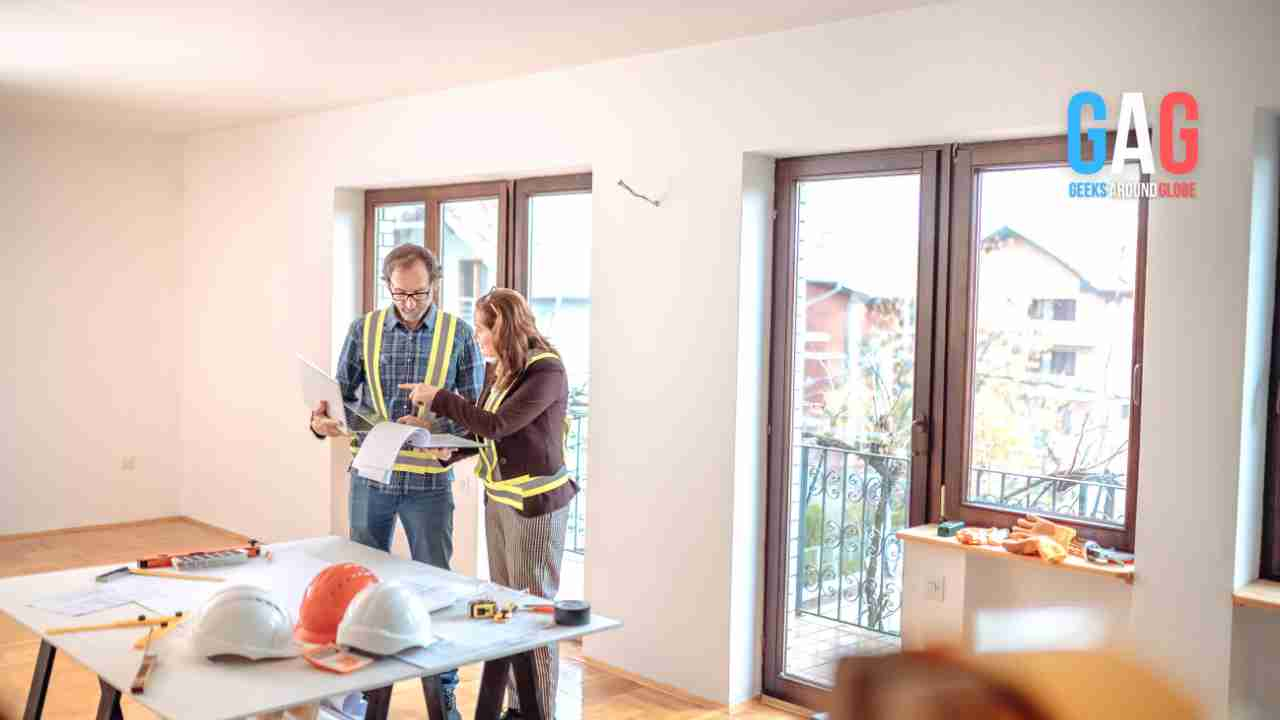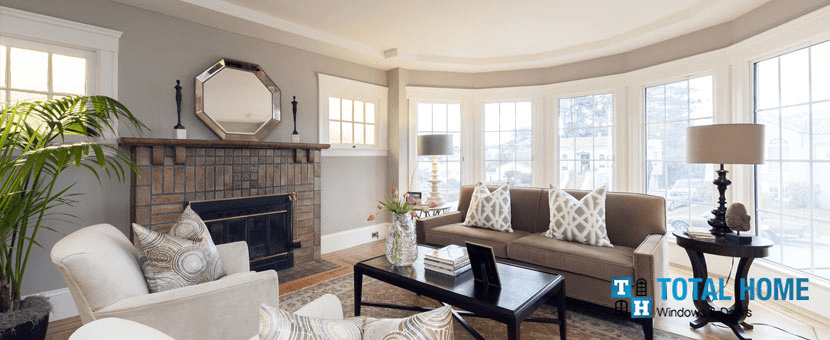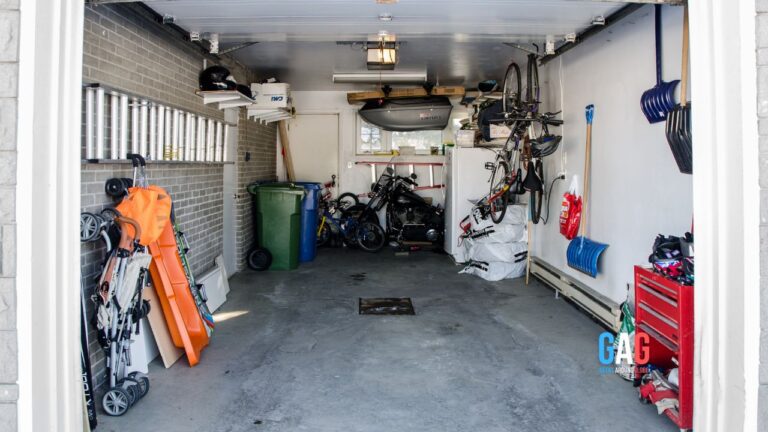Renovating your home can be a thrilling experience, just like waiting for a new baby to arrive. The thought of adding more space, upgrading the kitchen, or creating an oasis-like bathroom can make any homeowner giddy with excitement. However, before you start swinging the sledgehammer, stop and take a breath. A home renovation project comes with many challenges that can make or break your dream space. To avoid costly mistakes that derail your plan, it’s essential to do some groundwork before starting. It’s vital to understand the common mistakes to avoid when planning a home renovation project, so you can make informed decisions as you go along. Let’s dive into the details and ensure a smooth journey towards your dream home.
Setting Unrealistic Budget
Setting an unrealistic budget can lead to various problems, including running out of funds before the project is completed, having to compromise on materials and design, and even damaging your credit rating. It’s important to be realistic when setting your renovation budget, taking into account the cost of materials, labor, and any unexpected expenses that may arise.
To avoid this mistake, it’s important to sit down and carefully consider your finances before embarking on any home renovation project. Take the time to research materials, get multiple quotes from contractors, and create a detailed budget that considers every aspect of the project. Don’t forget to set aside a contingency fund for unexpected expenses.
Failure to Obtain Necessary Permits
Permits are required by law to ensure the project adheres to safety standards and local regulations. Failure to obtain necessary permits can lead to dire consequences, including fines, lawsuits, and even property damage. The risks associated with not obtaining the necessary permits can result in the insurer refusing to cover the cost of any damages incurred.
The permits generally required for home renovation projects include building, electrical, plumbing, and mechanical permits. The building permit covers all structural changes, including changes to load-bearing walls and roofs. Electrical permits are needed for all electrical work, including wiring, outlets, and light switches. Plumbing permits are required for any work that involves water and waste lines, such as bathroom and kitchen renovations. A mechanical permit ensures that any HVAC systems installations or upgrades comply with local regulations.
It is worth noting that obtaining permits can be complex and time-consuming, often involving paperwork and multiple visits to relevant authorities. Homeowners can, therefore, opt to engage the services of licensed home renovation contractors with the know-how to obtain the right permits.
Ignoring Safety Concerns
Often, safety is an afterthought, with homeowners prioritizing aesthetics or cost-effectiveness over safety. This can lead to accidents, injuries, and even fatalities if proper safety precautions are not taken. Before commencing any home renovation project, it’s crucial to identify potential safety hazards and risks. This includes assessing the structural integrity of the property, identifying asbestos, lead paint, or mold, and ensuring that all electrical, plumbing, and gas systems are up to code. Neglecting these safety concerns during a renovation can cause significant damage and risks the health and safety of your family members.The materials you use are also essential. For example, you can mosey on over to the Clear Amber store to view more reliable materials for frames and plastic and glass roofing.
It’s also crucial to ensure adequate personal protective equipment (PPE) for any renovation work. This includes safety glasses, breathing masks, gloves, and hard hats. Using the right PPE can significantly reduce the risk of injury or illness during renovation. Additionally, working with licensed and insured contractors who follow safety regulations and have the expertise to handle any hazards safely and effectively is essential.
Underestimating the Timeline
Home renovations can be exciting for homeowners, who often take it upon themselves to plan and oversee the entire process. This can therefore make them underestimate the timeline required to complete the project. This is usually due to homeowners not fully understanding the scope of work required and the time it will take to complete each task. In addition, unexpected issues can arise during the renovation process, which can further add to the timeline and extend the completion date.
To avoid underestimating a home renovation’s timeline, planning and strategizing every aspect of the project before starting work is essential. This involves detailed research into the materials required and the costs involved and a thorough understanding of any necessary permits and building regulations.
It is also important to hire a team of professionals who have experience in working on similar renovation projects. This includes architects, contractors, and interior designers who can provide valuable insights and guidance on what is feasible within a specific timeline.
Home renovation is a huge undertaking that can often lead to stress and frustration if not planned properly. While it may seem tempting to jump right in and start tearing down walls, it’s important to take the time to plan out your project in detail.






